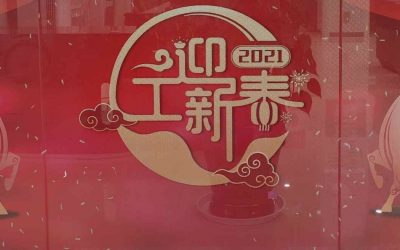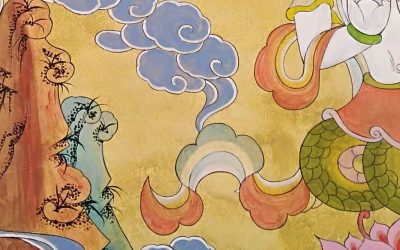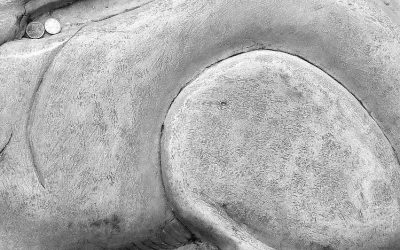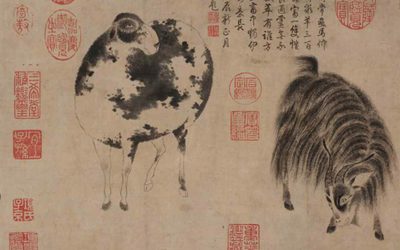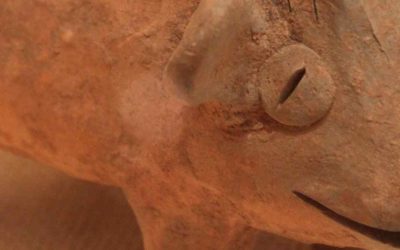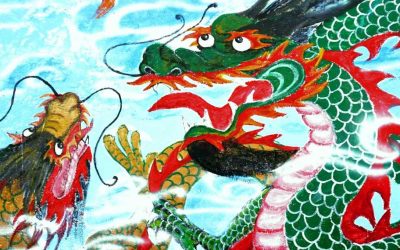Legends of the Mother Goddess
I am pleased to share with all you that the Italian translation of my book Legends of the Mother Goddess (and Other Myths of Goddesses and Women from the Peoples of China) has now been published and is available for purchase. As many of you already know, this book was pioneering in the field of mythology and gender studies in the West, as it was the first to bring together in a single volume more than 40 myths and legends from China’s ethnic minorities in which the protagonists were female deities.
Although a book on this subject cannot become tremendously popular, it has reached a market of specialized readers who have shown great interest in matriarchy in China—a topic to which I dedicated another of my books (Matriarchy in China: Mothers, Queens, Goddesses, and Shamans)—as well as in Chinese mythology. For this reason, whenever I have been in contact with translators of other languages, this has been one of the most sought-after works. In fact, there are already translations into Portuguese and Greek.
I believe this Italian edition stands out thanks to the care and dedication of the translator, Angelica Deluigi. We have also added a few additional myths to the original version to make the book more engaging, and it includes an insightful afterword by Maria Omodeo.
The book can be obtained at this link, and above you will also find the Amazon links to the original Legends of the Mother Goddess and Matriarchy in China. However, these books are not only available on Amazon but also in all bookstores in Spain—just request them and you will have them within a couple of days. I hope this news is of interest to you, and of course, I would be delighted if you shared it with Italian-speaking readers who might be interested.
About me: I have spent 30 years in China, much of the time traveling and studying this country’s culture. My most popular research focuses on Chinese characters (Chinese Characters: An Easy Learning Method Based on Their Etymology and Evolution), Matriarchy in China (there is a book with this title), and minority cultures (The Naxi of Southwest China). In my travels, I have specialized in Yunnan, Tibet, the Silk Road, and other lesser-known places. Feel free to write to me if you’re planning a trip to China. The agency I collaborate with offers excellent service at an unbeatable price. You’ll find my email below.
Last posts
All you need to know about the ox in the Chinese horoscope
All you need to know about the ox in the Chinese horoscope The ox is a very beloved animal among the Chinese, despite its size, it is tame and peaceful, often in the villages, it is the youngest children who take it to the field to play, it rarely acquires the fierce...
The snake in the Chinese horoscope
The snake in the Chinese horoscope The snake is an ambiguous animal in the collective image of the Chinese people. On the one hand, it is considered similar to the dragon. Many Chinese authors recognize that the dragon, nonexistent, is nothing more than the...
The Rabbit in the Chinese horoscope
The Rabbit in the Chinese horoscope The rabbit is a tender and adorable animal, which highlights its extraordinary fertility, perhaps that is why in the Chinese horoscope is the animal most closely related to the moon, the female star par excellence. This...
The goat in the Chinese horoscope
The Goat in the Chinese horoscope The goat and the sheep are confused in the symbolism of Chinese culture, as both are written with the Yang character 羊, specifying that the sheep gives wool (绵羊) and the goat lives in the mountain (山羊), in general, both have an...
The Pig in the Chinese horoscope
The Pig in the Chinese horoscope The pig in Chinese culture is an ambiguous character. It is seen as fat and ugly, feeding on the dirtiest things, but at the same time, its meat is the most appetizing for the Chinese. His meat is "meat" in general, as an archetype of...
The Dragon in the Chinese Horoscope
The Dragon in the Chinese Horoscope The dragon is the only animal in the Chinese horoscope that has only an imaginary existence, and in fact, in the horoscope of other indigenous peoples of China, it is replaced by another animal. Although the dragon is an imaginary...





